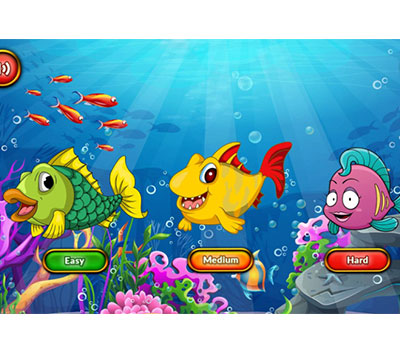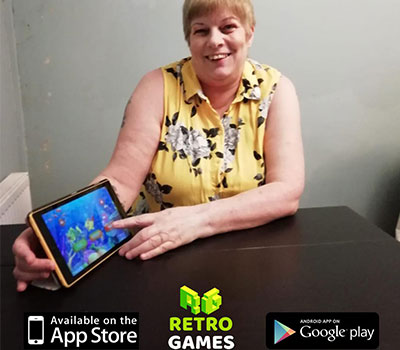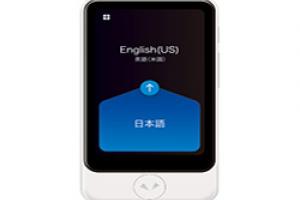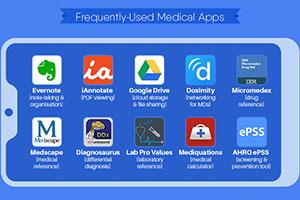Pocketalk, the global leader in connecting conversations and removing language barriers,…
Care worker develops her own dementia-friendly app
Care worker Heather Mead found there was a lack of apps available to engage people with dementia – so set up her own business and created a dementia-friendly game. Here, she tells Care & Nursing Essentials editor Victoria Galligan about her story and explains how animated racing fish are helping to engage the residents she works with.
Heather works in a Bupa care home in Kent, having worked in care for seven years, and said: “The idea came to me on my first day working for the care home. It was having a demonstration of a sensory table mainly designed for children with special needs. The activity ladies and some carers were talking about gaming apps and how there are not that many designed specifically for the elderly or those with dementia that are easy to play.
“I started thinking about how to go about developing gaming apps that are specifically for the elderly and those with dementia. As I'm studying a BA Hons in Health and Social Care with the Open University, I reached out to them for advice as to how to go about developing a gaming app – I had no coding abilities so they advised me to contact an app developer.”
With the help of Easy Apps Business, and a lengthy conversation about her idea for a set of six games in total, Heather set up as a sole trader under her brand Retro Games. She invested her own money into building, maintaining and marketing the first dementia-friendly app – Retro Fish Game.
Dementia-friendly app gets competitive!
Heather said: “The app is a colourful fish game. The fish swims across the screen and you have to tap the fish before it gets to the other side. There is a score box and a timer to see how many fish you get in how fast a time you get them in. There are three levels and after the fifth fish the game gets quicker, it has relaxing sea sounds as background music to help a person with dementia to focus on the fish rather than getting agitated from loud background music.
“Two Bupa care homes have trialled the game and the results have been good. With residents that have mild dementia, they find the game easy to play and they become quite competitive! They try to get more fish and keep going until they have played all levels.
“Some residents find the easy level hard, while others can reach the hard level but often miss the fish.
“The game is good in helping with residents’ interaction and conversation with each other, with the activities ladies or with relatives.”
As well as boosting engagement and communication, the idea of Retro Fish Game is to:
• Challenge the person playing it by exercising the mind
• Test reaction times
• Stimulate auditory and visual processing by helping the person to recognise patterns
• Help improve and maintain cognitive skills (such as attention, perception, memory, logic and reasoning.
 Heather said her studies had fuelled her drive to improve the lives of people with dementia, adding: “I will be in my third year in October and I have found the course so far very enlightening. It has furthered my knowledge and broadened my perspective of health and social care – especially about ageing and how it should be seen as a lifetime experience, not just for the elderly.
Heather said her studies had fuelled her drive to improve the lives of people with dementia, adding: “I will be in my third year in October and I have found the course so far very enlightening. It has furthered my knowledge and broadened my perspective of health and social care – especially about ageing and how it should be seen as a lifetime experience, not just for the elderly.
“Recreational activities improve the quality of life for an elderly person and those suffering from dementia in a care home or hospital setting.
“As the world’s population is living longer, there is a significant gap in the research and development of recreational activities technology for the elderly or those with dementia and how it can help them to engage and be stimulated. Retro Games’ aim is to bridge that gap.”
The dementia-friendly app can be found on Google Play (play.google.com) under the category ‘cognitive skills’ as Retro Fish Game, and is coming to Apple soon.
The Facebook page and website retro-games-uk.com will tell you more about the game.





